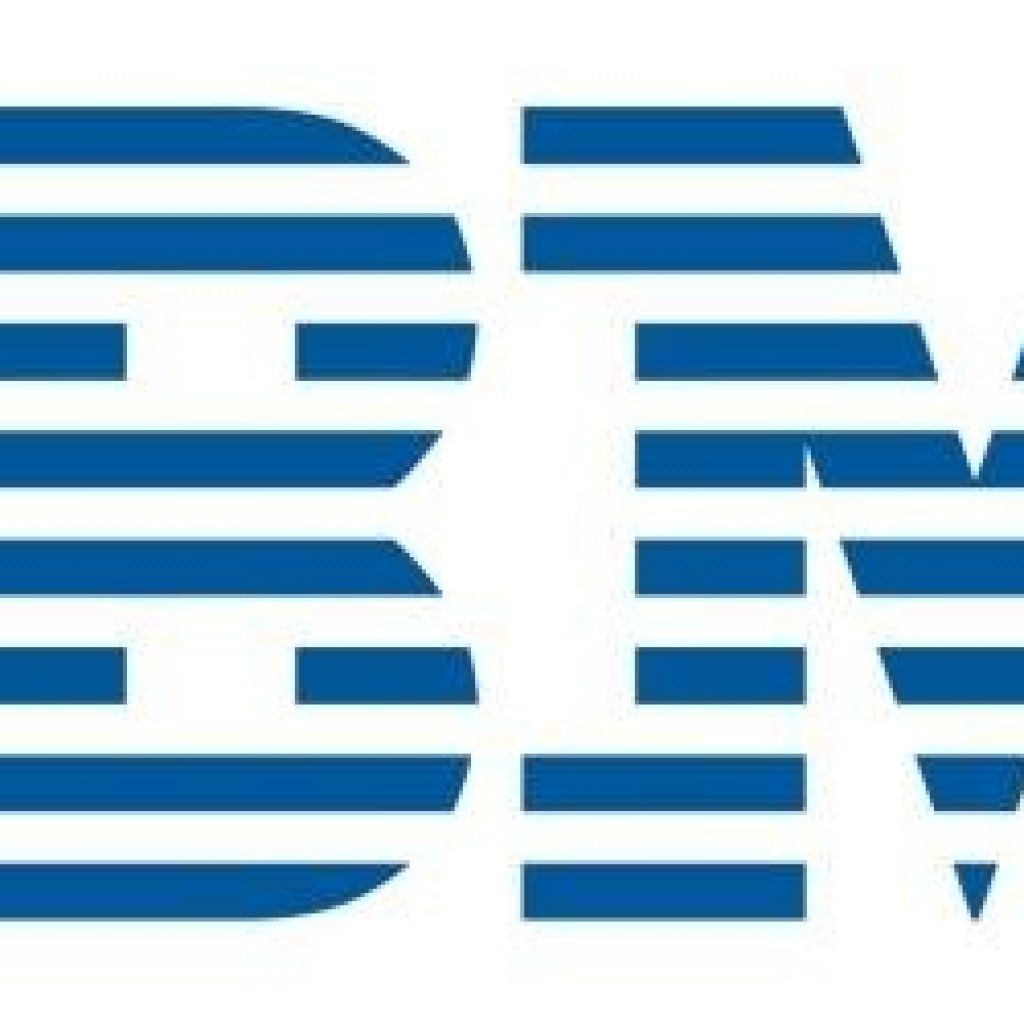(Forbes) Kevin Krewell reports for Forbes that IBM has consistently delivered on what it has promised in its aggressive quantum computing roadmap and concludes the company has no plans to slow down. IQT-News summarizes a lengthy discussion; the original article well-worth the time to review.
Earlier this year IBM updated its offerings in quantum computing and added new managed quantum systems for select international clients. And the continual progress that IBM is making shows that quantum computing is here to stay and has an interesting future for solving complex computing problems. We also expect an update to IBM’s quantum computing roadmap at IBM’s upcoming Think.
In April, 2022, IBM gave an updated status on its quantum computing program. IBM has over 20 operational systems accessed by over 410,000 users that perform over 3.5B executions daily. The IBM Quantum Network of partners has over 180 members, including over twenty hubs (regional centers), over ten industry joint development partners, over forty startups, and over thirty academic researchers. IBM is also building regional centers such as Fraunhofer (Germany) and the University of Tokyo (Japan) which are in operation today. More regional sites are coming online in 2023, including the Cleveland Clinic (Ohio, USA), Yonsei University (South Korea), and Quebec (Canada).
IBM is Diamond Sponsor of IQT-San Diego “The World’s Quantum Enterprise” event May 10-12, 2022
There have been over 800 publications in over 45 applications areas form groups using the IBM Quantum Network partners. Big name IBM partners include: Fraunhofer, Samsung, Boing, Dell, Goldman Sachs, BP, ExxonMobil, Deloitte, and Oak Ridge National Labs.
Last year, IBM announced its “Eagle” Quantum Computer. Eagle is a 127-qubit quantum processor and currently IBM’s highest performing quantum computer.
For the foreseeable future, quantum computers will be accessed through the cloud. It’s pretty much a Quantum-as-a-Service (QaaS) model. Up until now, IBM has had basically two quantum computing engagements: one is free for students and people experimenting and learning about quantum. The other has been a (pricey) institutional-level commitment with IBM to gain access to premium offerings, up to the very latest systems.
But now IBM has added a third option called “pay as you go” to reach a broader community of developers and researchers. This new plan targets experts looking for high-end quantum systems but do not have the corporate purchasing power to sign multiyear deals. This could include academics and smaller research companies. There’s no minimum spend in the pay-as-you-go plan but you do have to sign up for a free IBM cloud account. Offerings on the pay-as-you-go plan are currently only available on 27-qubit machines. Users can develop demanding quantum programs using Qiskit Runtime primitives and execute them on IBM quantum systems at a rate of $1.60 per runtime second.
The free open plan is still available, but it’s limited to 5-qubit quantum computers and below, but it’s a great place to get started and for entry level quantum developers.
<https://www.forbes.com/sites/tiriasresearch/2022/05/09/ibm-expands-access-to-quantum-computing/?sh=1afb0b433cf3>
Sandra K. Helsel, Ph.D. has been researching and reporting on frontier technologies since 1990. She has her Ph.D. from the University of Arizona.
